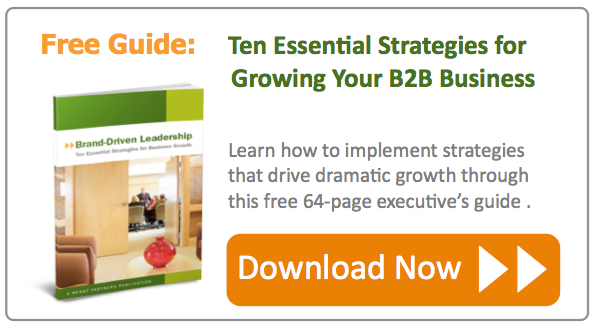Doug Wendt is a co-founder and senior partner with Wendt Partners.
One of the greatest challenges CEOs face in managing millennials is in overcoming the myths, stereotypes and media-distributed assumptions and implications about this generation. One article describes them as lazy and entitled. Another says they're far more engaged than prior generations. This pundit says managing millennials requires more hand-holding than it should, while the other says the last thing you should do is hold their hands about anything.
How CEOs Should Respond to the Millennial Opportunity
As a CEO, the first thing you should keep in mind is that, regardless of what generation we're talking about, every business needs to add new team members on a regular basis and continue to recruit more and more talent for the future. In other words, no matter whom you're adding to your team, there is a lot of change coming - both for your employees, and for you.That would be true whether your next employee is a semi-retired member of the Greatest Generation (my father, who is 82 this year, teaches digital learning and social engagement strategies to college professors), or a still-in-school young professional working for your company during a summer internship. Adding new people to your team is hard to do well, whether you're working with millennials or any generation. Here are five key strategies you can begin using today:
1. Building a Solid Foundation
With that in mind, the first thing you should be aware of is that managing millennials effectively begins with managing people effectively. That means clearly defining positions across the company; eliminating undocumented or unofficial job responsibilities or reporting lines; and ensuring that your human resource programs and procedures are up-to-date.2. Talent Acquisition and Recruitment
Next, look at how you position, present and promote career opportunities with your business. Do you summarize and emphasize your strengths as a dynamic workplace? Have you created a narrative that tells the story of your company's unique history, place in the world, impact, accomplishments, innovations and traditions?Millennials want to buy into something larger than a list of tasks - they want to be a part of a vision and direction. In other words, meeting their needs also creates a stronger overall corporate culture and helps position you as an employer of choice.
3. Onboarding and Mentoring
The next step is to commit to a comprehensive onboarding and mentoring program. Onboarding gives you the opportunity not only to train new employees in your company's way of doing business; it also gives you a critical opportunity to inculcate your values and traditions. Humans are social, intellectual and emotional creatures by design; make sure to provide experiences along all three lines during the onboarding process. Some companies even institutionalize this by creating a dedicated corporate university.Couple this with a mentoring program to bring new and seasoned employees together, and provide opportunities for them to invest in one another's success. Emphasize that both sides have things to learn from one another. Each mentor can gain a lot of insight from her or his mentee, and recognizing this can help break down barriers.
4. Freedom, Flexibility & Fellowship
By implementing a comprehensive onboarding program, you also enable the company to provide greater freedom and flexibility to emerging employees. The more your core processes are documented, the easier it is to offer young workers flexibility within those boundaries. For example, our firm encourages flexible working but we also want employees to work in a business-like setting every day.Therefore, we provide them with a Regus BusinessWorld card so they can access business center lounges in virtually every major city, and we also provide a subsidized membership at the nearest ClubCorp business club so they can become involved in the regional business community and interact with other professionals of all ages during the work day - and after hours as well. This is important because creating community is essential for this generation.
Flexible working can also be enabled by technology. For example, you can empower younger sales employees to think creatively about follow-up ideas and innovative sales campaigns, while also ensuring that email templates and sales workflows are consistently delivered through your customer relationship management (CRM) system. With this approach, good ideas from new employees can be quickly implemented, so the value of making a personal contribution can be readily felt.
5. Learning and Leadership
Some experts specifically advise against taking a traditional 'management' approach to millennial workers. But of course, every employee needs, requires and benefits from an effective manager. What is essential is to make sure you don't just stop at managing. Managing is a supervisory and administrative function - essential but focused on making sure things happen as they are supposed to, and that proper procedures are followed.As technology such as a learning management system (LMS) and team collaboration software makes it easier for systems in the company to direct, manage and guide employee productivity, it's important for your emphasis to shift more toward leadership - sharing your vision, holding workshop and roundtable sessions, engaging employees with customers, and serving as a dynamic servant-leader who demonstrates effective leadership and guidance by example.
Are millennials different than prior generations? Sure, on some levels they are very different than their predecessors. But in reality, the primary reason for most generational conflicts in the workplace is not actual age differences, but simply the lack of effective talent development, recruitment, onboarding and retention processes and efforts. New employees, regardless of their age, can quickly detect your level of commitment to them and to their growth – or the lack thereof.
It's time to step it up as the CEO and truly focus on creating a dynamic and motivated workforce. Your company can't grow without one, so begin today.








